News
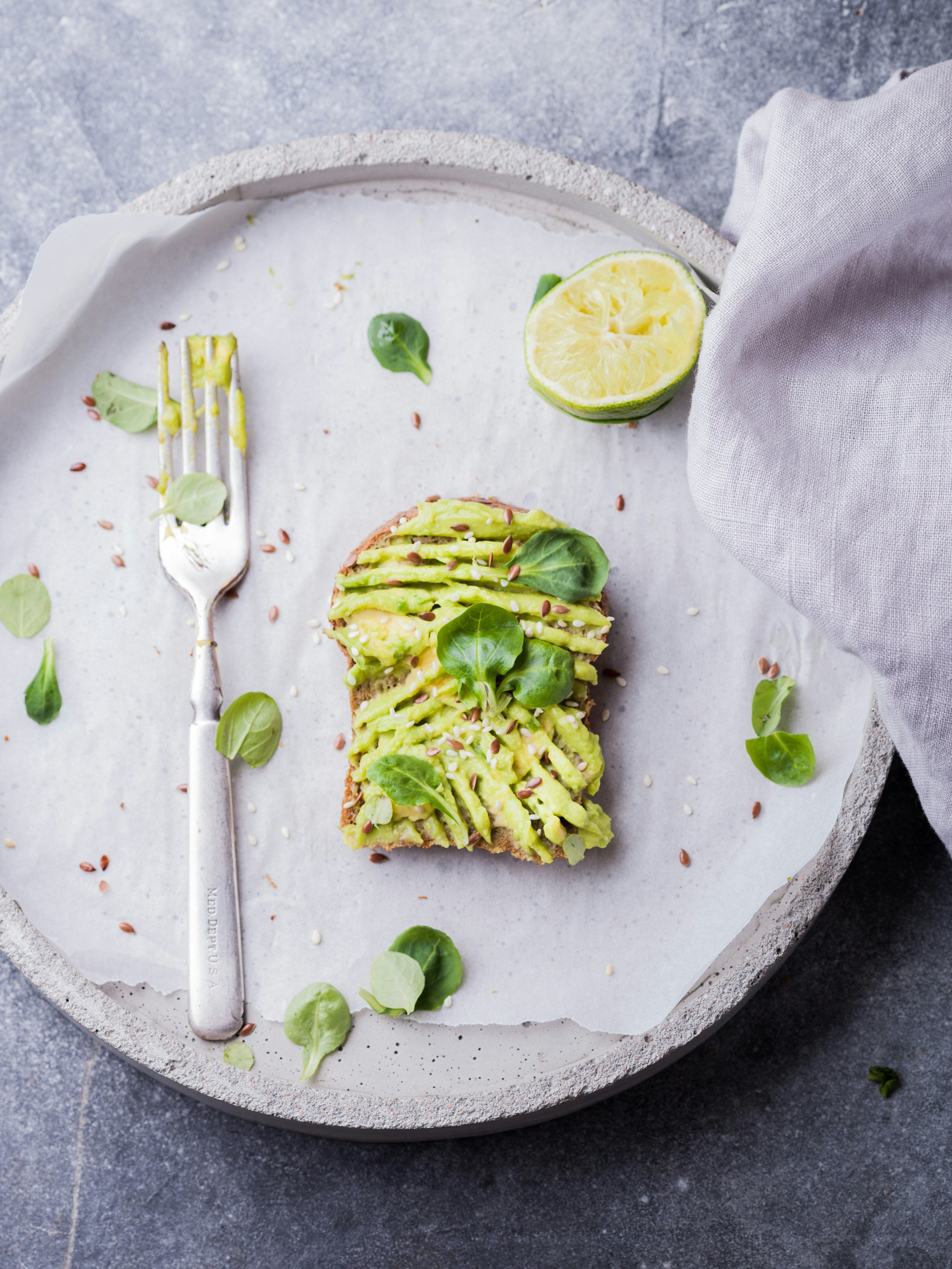
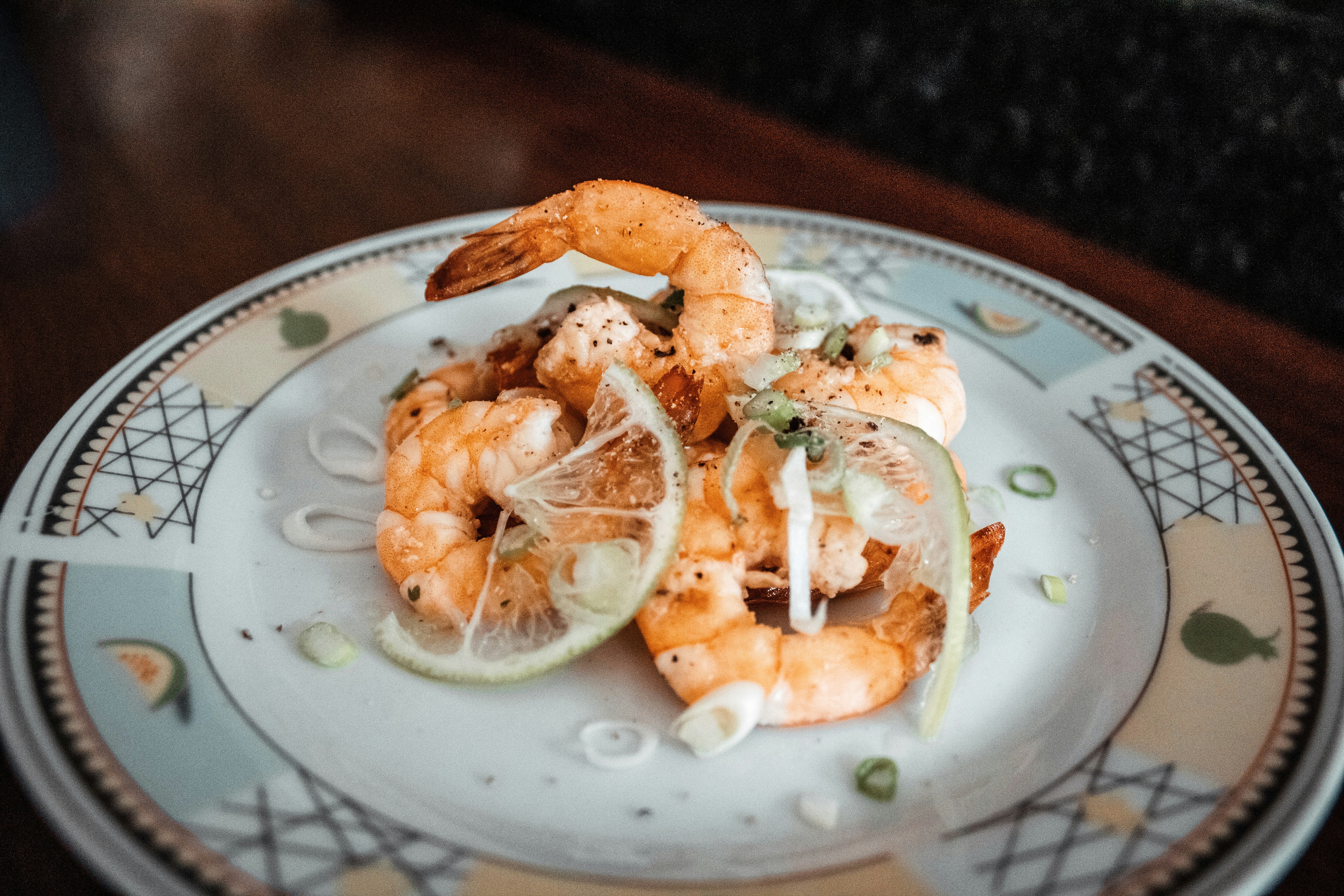
Lemon Pepper Shrimp - with a Lemon Myrtle Twist!
Looking for a quick and flavorful seafood dish? Try our easy lemon myrtle pepper shrimp recipe! With zesty lemon, bold black pepper, and succulent shrimp, this dish is a crowd-pleaser. Perfect for ...
Read more
Refreshing summer deserts. Lemon Myrtle ice cream and sorbet
As the temperature rises, there's nothing quite like indulging in a cool and creamy treat to beat the heat. And what better way to do that than with the unique and delicious flavors of lemon myrtle
Read more
Lemon Myrtle Grilled Prawns with Mango Salsa: A Summer Delight
This dish combines the succulent flavors of grilled prawns with the freshness of mango salsa, all brought together with the aromatic Lemon Myrtle. It's perfect for a summer barbecue or a sophistica...
Read more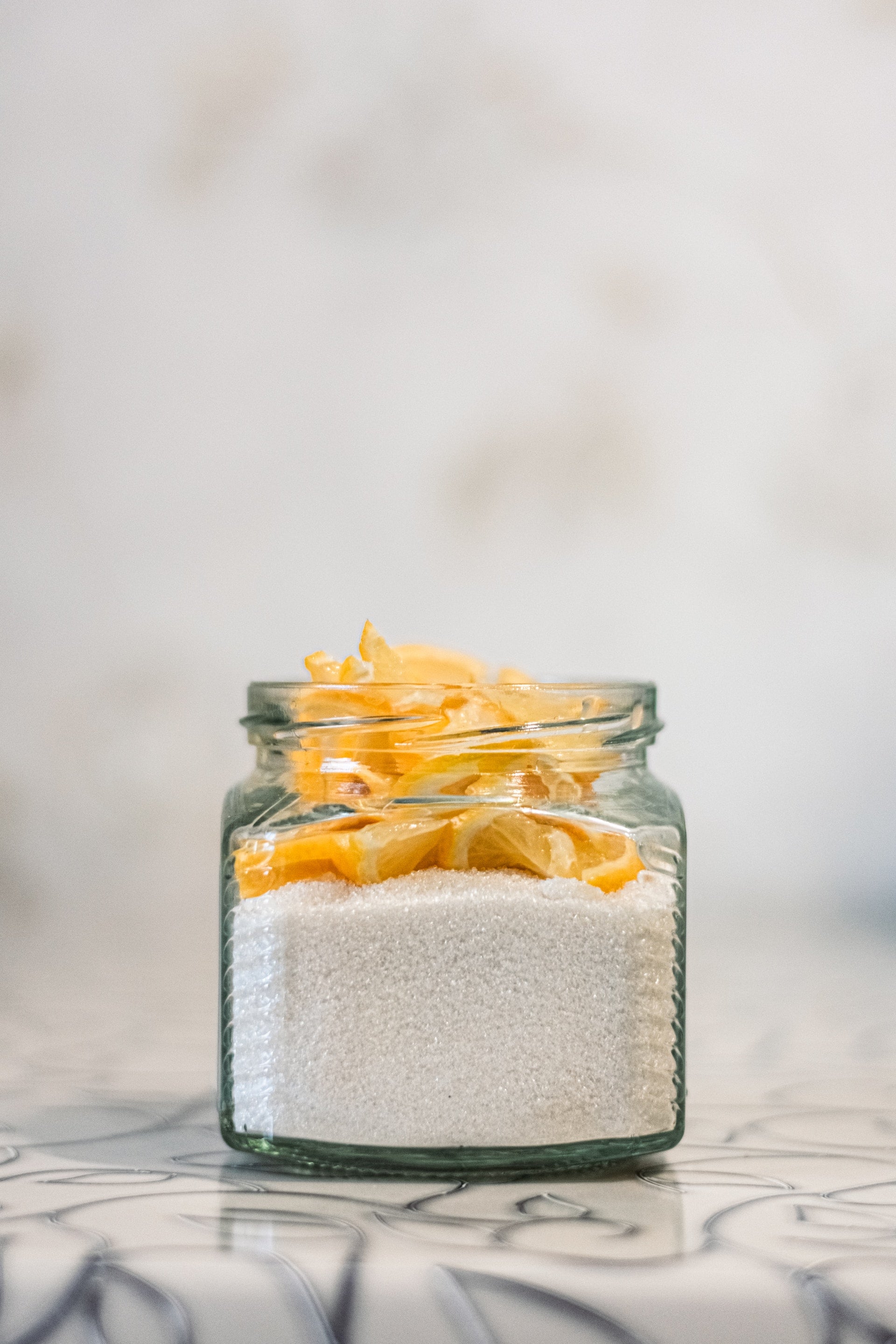
Lemon Pepper: A Versatile Seasoning Blend's Resurgence
The resurgence of lemon pepper has food enthusiasts experimenting with new recipes that highlight its unique flavor profile. From chicken wings to pasta dishes, lemon pepper brings an exciting twis...
Read more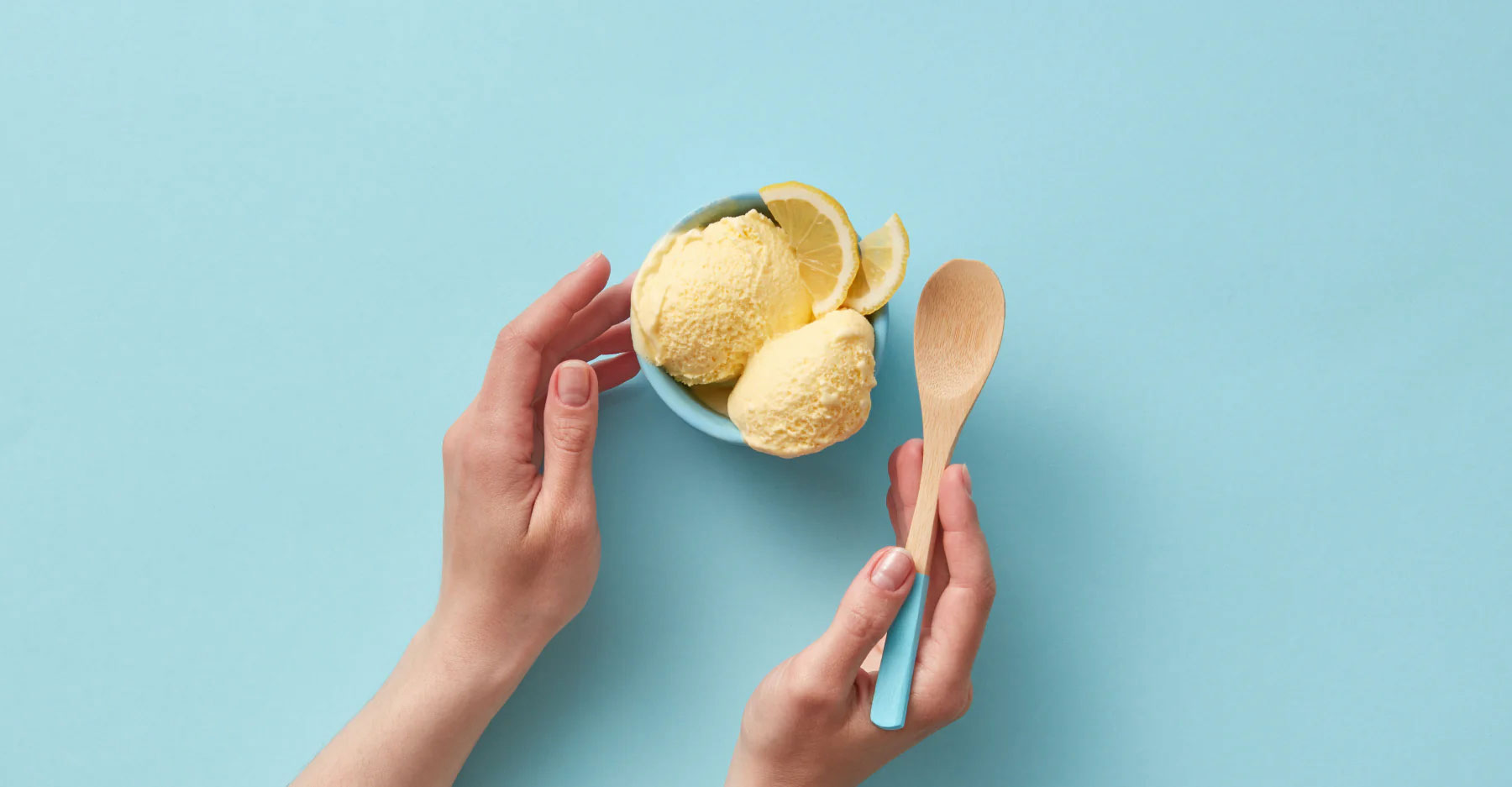

Mastering the Art of Baking with Lemon Myrtle
There’s nothing better than spending an afternoon cooking up a storm in the kitchen. And if you’re an aspiring baker, with a passion for natural ingredients, not to mention a penchant for a refresh...
Read more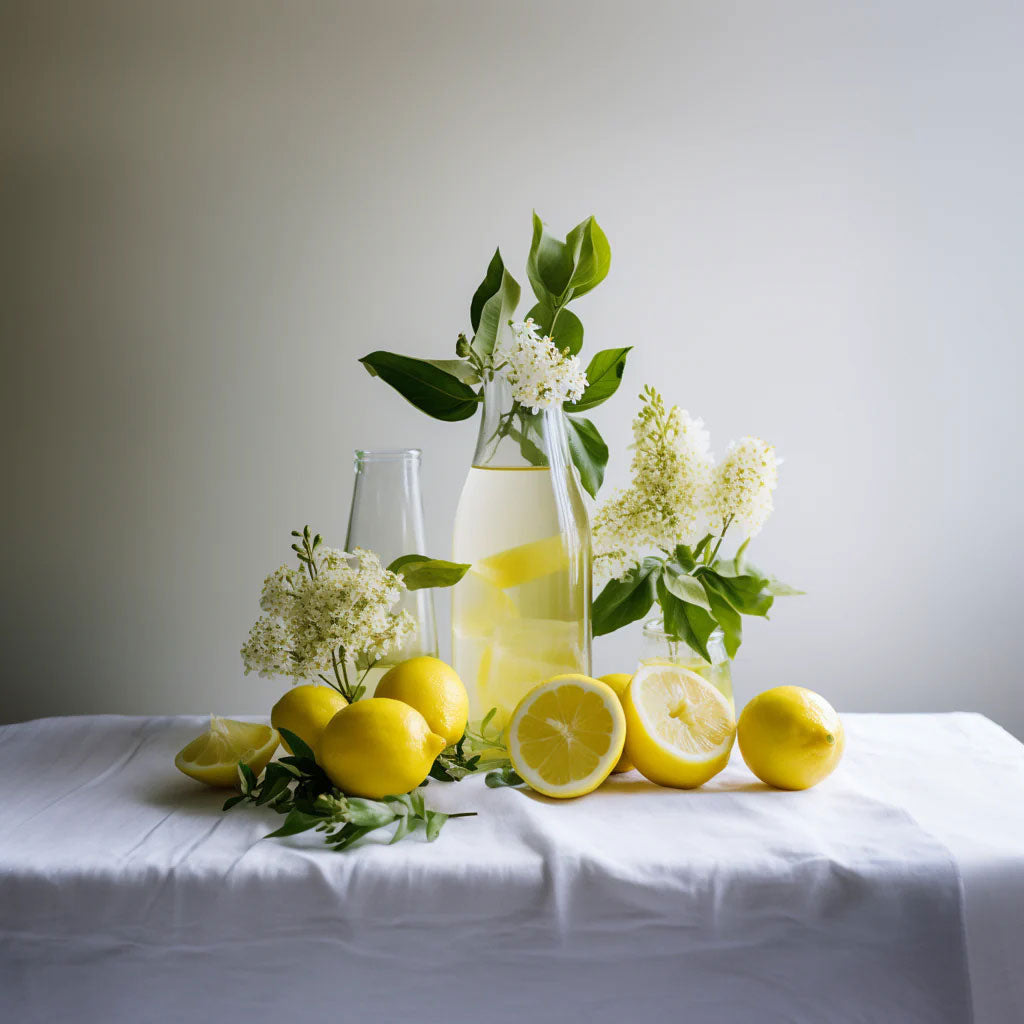
Refreshing Lemon Myrtle Food & Beverage Ideas for Every Season
Celebrating the flavors and health benefits of this native Australian botanical. Discover a variety of seasonal beverages, from refreshing lemonades to comforting Chai lattes and immunity-boosting ...
Read more
Australian Lemon Myrtle - The Best Lemon Substitute You Never Knew You Needed
Lemons are a go-to ingredient in many dishes, but what if we told you that there's a better substitute for it? That's right - Lemon Myrtle. It's a native Australian plant with a lemony aroma and fl...
Read more
Spicy Lemon Myrtle Chicken Wings
These lemon-flavored wings kick them thanks to the homemadesauce, lemon myrtle oil, lemon zest, and butter that went into theirpreparation. If you enjoy the wings served at Wingstop, you willadore ...
Read more